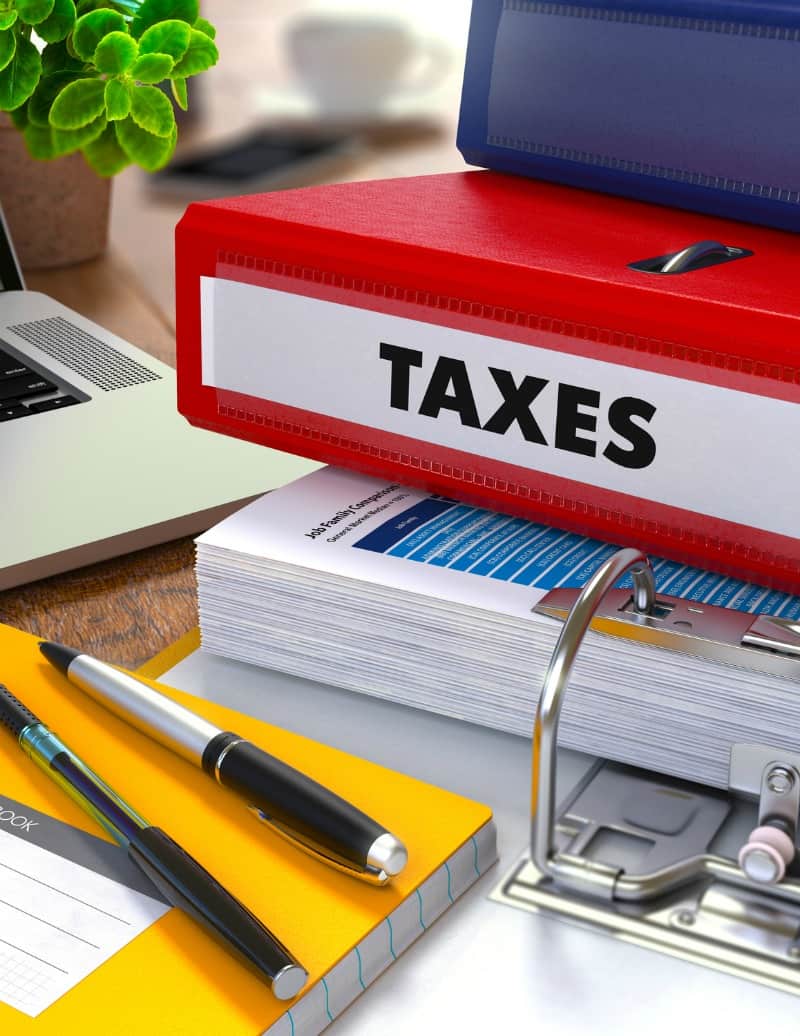Last Updated on August 15, 2020 by Ellen Christian
It’s tax season time and if you’re feeling the stress, check out these tax season stress tips! As a small business owner, tax season is not my favorite time of year. It’s important that you keep tax documents safe when deciding how to file. That’s why I’ve been using the same tax preparation service for years.
Posts may be sponsored. This post contains affiliate links, which means I will make a commission at no extra cost to you should you click through and make a purchase. As an Amazon Associate I earn from qualifying purchases.
Tax Season Stress Tips
Considering all the tasks a mom has to do, it may not be surprising that according to a new survey of 1,000 moms commissioned by H&R Block, 2 in 5 (42%) mothers feel overwhelmed during tax season. If you’re like me, preparing tax documents is a task that you take care of each year.
Did you know that one-third (33%) of moms surveyed would rather watch their child’s favorite show on repeat for a week if it meant not having to prepare their tax return? Just think, which would you rather do? I’d choose the annoying television show over taxes any day of the week.
When it comes to the process of filing their taxes, 34% of moms consider potentially owing money on their tax return as the largest source of anxiety. The second was gathering the necessary documents (24%). I can tell you that as a small business owner, I spent easily a week gathering all of my receipts, W2 and 1099 forms, pay stubs, tax documents, etc. together.
Even if you don’t have a small business, chances are you have to deal with child support, earned income credits, mortgage taxes, and a host of other issues. Just thinking about it gives me a headache. Here are a few tax season stress tips that will hopefully help.
Stress-free tax season tips
- Start now. The last thing you want to do is put off doing your taxes until the week before they are due. If you find out that you are missing something or need more information, you want to be sure you can get it before the deadline.
- Hire a professional. Unless you are an accountant or are certain you know all of the latest tax codes and changes, don’t risk it. A tax professional like H&R Block is trained to know these things.
- Stay organized. You’ll find it’s much easier to deal with taxes if you are organized throughout the year. I use a free program to enter all of my income and expenses all year. When it’s tax time, I just print out the reports and gather paperwork together.
- File electronically. The last thing I want to risk is my tax documents disappearing somewhere between me and the IRS. If you file electronically, you cut out the middleman.
Keeping tax documents safe
My husband and I are very careful with our personal information and that includes tax information. Whenever we access financial services or information online, we make sure that the site is secure. When choosing a tax preparer, be sure to choose someone that is licensed. I prefer to stop by in person to have my taxes done. Then, they are filed electronically over a secure connection to keep tax documents safe and secure.
How do you keep your tax documents?
Any paperwork that needs to be disposed of gets shredded and then recycled. You should not toss paperwork with sensitive information into the trash or recycle bin without making sure the information is safe first. Everything else should be filed in a folder with today’s date on it & the year it pertains to.
How long to keep personal tax returns?
The IRS recommends that personal tax returns and the paperwork that goes along with them should be kept for 3 years from the date you filed your return. If you are claiming a loss from bad debt or securities, keep your documents for 7 years.
Can the IRS go back more than ten years?
Check with your accountant. But, generally, there is a ten-year statute of limitations on IRS collections. The IRS can attempt to collect taxes for up to ten years from the date they were assessed.
If you still need to file your taxes, Lynn Ebel, director at the Tax Institute at H&R Block and fellow mom, shares survey results and tax season stress tips for busy moms that still need to file their taxes. Check out the video.
Looking for more personal finance tips? Check out how to identify a mortgage relief scam.

Ellen is a busy mom of a 24-year-old son and 29-year-old daughter. She owns six blogs and is addicted to social media. She believes that it doesn’t have to be difficult to lead a healthy life. She shares simple healthy living tips to show busy women how to lead fulfilling lives. If you’d like to work together, email info@confessionsofanover-workedmom.com to chat.




